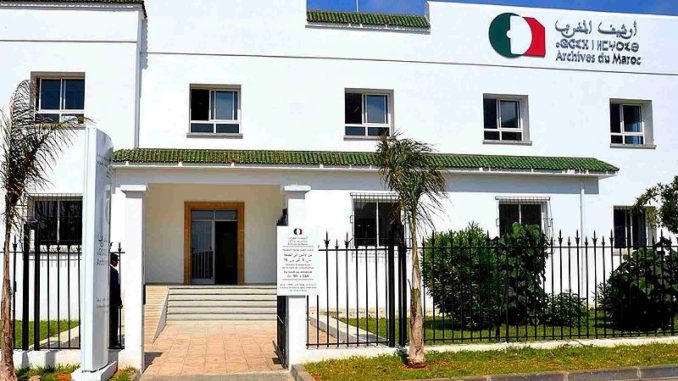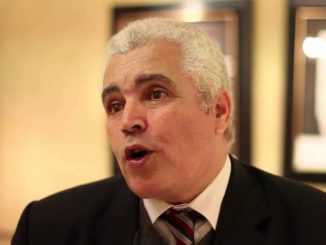
In 2011, the Archives of Morocco took action with the objective of safeguarding national archives, managing them, organizing them, contributing to the preservation of memory, and making use of them for scientific and historical research purposes.
This institution, which replaced the National Library, whose mission was to preserve archives, was inspired by the experience of the Archives of France. It is directed by the researcher and professor of contemporary history Jamaa Baida, who fought within the Equity and Reconciliation Commission to preserve the archives and release a law specific to them.
Since its creation, this institution has worked to recover a large part of Morocco’s archives, before independence, both internally and externally, and has contributed to the recovery of a significant part of the memory and history of Moroccan Jews, be it from French diplomatic archives, the “Holocaust Memorial” or the Holocaust Museum in Washington, which has many digital copies.
The objective of this institution is to manage and maintain national archives through the collection, sorting, classification, and conservation of documents as well as making them accessible to scientific research, professional training, and international cooperation between specialized institutions.
Archives are collected by acquiring scientific or historical documents from administrations, after their expiry, or the end of their usefulness, or from certain owners of documents of great historical importance, in particular with regard to documents in the possession of large families whose members were actors within the State, or from scientists, public figures, associations or political parties, who donate these documents to the Moroccan Archives.
Today, this institution has many important archives, including documents dating back to the 15th century and others relating to the period of the French Protectorate, as well as numerous publications relating to the history of Morocco.


Be the first to comment